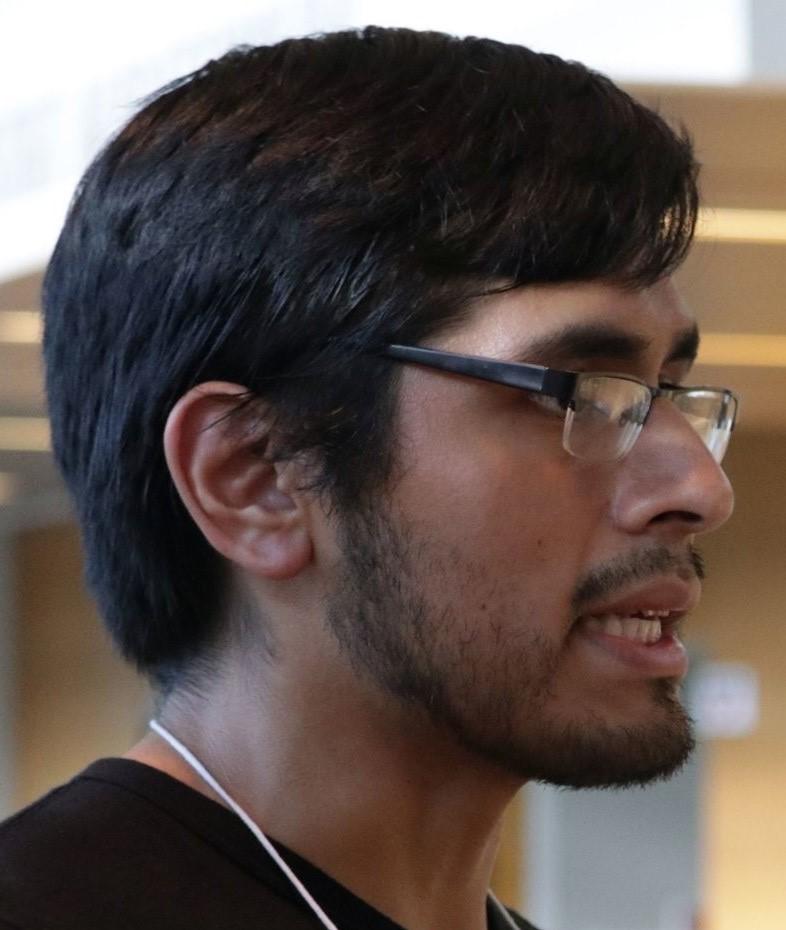Putting Yourself Before Your Work
The life of a graduate student is filled with multiple projects, deadlines, and making do with what we have, what we’re given.
After working in research in one capacity or another for the past six years, the most common topic I hear about when speaking with fellow students is stress. We just can’t help but mention the stress of working on a time crunch, the stress of submitting grants, the stress of funding; stress is always an underlying theme to our careers and one that appears to have no end. However, not all is doom and gloom. There are many ways in which we can try to balance our work-related stress, and below are two which can get overlooked.
Saying No
Some of the best advice I ever received was from a senior graduate student who told me that as an incoming graduate student, I should learn to say no.
For one reason or another, many students feel the pressure to perform and push themselves to excel in this new environment that they have had to fight for. Whether it’s personal drive, ambition, impostor syndrome, or some other factor, graduate students will take on endless projects. This inevitably stretches out their time and can bring them to the brink of their mental, and at times physical, limits.
Saying no can be difficult, since we almost exclusively report to our PIs and who wants to tell their boss “No, I don’t agree, I think I already have enough work as it is”? The power dynamic works only downwards, right?
But while it’s true we are employees, this doesn’t mean that we need to overburden ourselves with more work than we are comfortably doing.
Saying no doesn’t you shouldn’t try to make the most of your time and resources as a graduate student — it’s more of a tool to prevent future you from trying to balance too many plates at once. The thought of one more publication, one more credential, one more connection may seem alluring, but saying no can save you from burning out and actually becoming less productive.
Separating work and personal life
Everyone talks about not letting work follow you home, but realistically? That’s not going to happen. Therefore, I advocate for placing yourself in situations which remove you from your work.
This can start with not letting your social life be solely comprised of classmates, lab mates, and colleagues. Although I’ve made some great friends in academia, they’re not my only friends. Many of us relocate for our positions, making our social networks within new cities virtually nonexistent, so from early on we rely on fellow students to satisfy our social needs. And that’s great! The friendships and connections we make during grad school are rewarding and often lead to more opportunities down the line, so I’m not at all advocating against this. What I am promoting is diversification of your friend group in order to completely escape from your work, even for a short while.
When we go to conferences or classes or conduct outreach, the topics first discussed are often: What is your research? Where are you studying? Who is your advisor? And as much as I enjoy talking about human and primate behavior (my research field), there’s something nice about completely shedding my lab coat and forgetting that I’m a graduate student.
When I’m rock climbing or training Brazilian jiu jitsu no one asks me about research, statistics, or plans after I graduate. Having friends within academia is great and an amazing way to socialize, make connections, and vent. But we should also attempt to create spaces in which we can allow ourselves to be something different. To let another part of us come through. Grad school is work, and it’s nice to escape work sometimes. It doesn’t have to be your whole life.
Jhonatan Saldana is a graduate student in Dr. Sarah Brosnan’s CEBUS Lab at Georgia State University where he focus his research of the behavioral and cognitive similarities and differences between human and other primates. Throughout his time as a graduate student, and before, he has already been passionate about conducting outreach with underrepresented groups both outside and inside of GSU. Learn more about Jhonatan >


